
It was a privilege to witness a London date of Professor Richard Dawkins’s ‘farewell tour’ last month. By all accounts, and despite his protestations, he seemed to be as sharp and driven as ever at 83.
At a packed Royal Festival Hall in Waterloo on 27 October, Dawkins was confronted with a crowd of all generations and nationalities eager to celebrate his contributions to public discourse and hear his musings on a variety of topics, though politics was not among them. Fresh off the American leg of his tour, it was clear that the evolutionary biologist had little appetite to return to the US. Dawkins set out early that he didn’t wish to be questioned on the election, nor did he want to discuss questions of his legacy too much.
Nihal Arthanayake, the witty and pleasant host, took a retrospective approach—appropriate given that the 50th anniversary of The Selfish Gene is coming up in 2026. It soon became clear that the so-called ‘farewell tour’, or ‘final bow’, is not a farewell at all, and that Dawkins is far from done. This was welcome news to all present. So what were we really there for?
First off, there was a new book out: The Genetic Book of the Dead (there is also another one coming soon). However, Arthanayake and the rest of us wanted more of the great man’s thoughts and reflections on the past, present, and future.
Dawkins seems to have less time for God-talk these days. He is far more occupied with the culture wars and we soon ended up in the thick of his concerns over science denial and pseudoscience. Of course, creationism and evolution scepticism occupied his attention, but we were also reminded of the lesson of Lysenko. The fight has changed and now more Western countries are replacing facts and scientific truth with feelings and political ideology. I can’t help but feel that his recent battles in New Zealand about ‘indigenous ways of knowing’ versus science have scarred him.
There was an interesting discussion around his most recent dialogue with Professor Jordan Peterson. Dawkins was not expecting this to come up and laughed at it having happened three days prior, but people were keen to hear his reflections. Dawkins used this opportunity to emphasize again why truth matters, why scientific enquiry must come first over symbol and metaphor, and why we cannot afford to bend reality to our will. Having now opened the door, reflection on past encounters took over.
Which debate opponent does Dawkins most respect and feel most challenged by? Many might be surprised that Dawkins quickly gave as his answer Archbishop Rowan Williams, praising his intellect, sharp thinking, and deep reading on a wide variety of subjects. He still thinks highly of him despite their disagreements.
The question of what Christopher Hitchens would make of the world if he were still alive came up. Dawkins noted to my surprise that he only ever met Hitch five times in his life. After a momentary pause, he expressed his wish that Hitch was still here, which brought spontaneous applause from all present.
It felt like there was something of a torch being passed as we sat listening—or perhaps of an era coming to a close. Creationism has given way to the culture wars. Hitch and Daniel Dennett have gone and Dawkins is apparently saying farewell. Archbishop Rowan Williams has been replaced by Jordan Peterson. There were signs of encouragement though. The evening was introduced by the prominent ex-Muslim Zara Kay, founder of Faithless Hijabi and a bright, young tribute to how effective and life-changing the professor’s work has been. Her story is powerful. During the discussion around Peterson, both Arthanayake and Dawkins took time to praise the young influencer Alex O’Connor, which generated plenty of nods from those around me.
As with all these events, the night flew by and before one realised it, we were deep into audience questions. ‘This cannot really be the last time we do this,’ I thought to myself before the wool was pulled from our eyes and we found out that this was not a farewell at all. The 50th anniversary of The Selfish Gene will be accompanied by a UK tour. Professor Dawkins has simply promised to never go back to America. He is apparently too old to travel like that anymore and will be choosing his work more carefully.
This was certainly good news, but it left a slightly underwhelming feeling as we went home. I asked my friend what he thought of the evening. It was okay, but not deeply satisfying. ‘I don’t think I heard anything new or got anything I wasn’t expecting,’ was his honest response.
Dawkins is not out of fight. To me, he seemed little different from a decade ago, though there is something of battle weariness about him these days. However, whilst there is no replacing a Dawkins, Hitchens, or Dennett, perhaps they can be recreated in thirty Zara Kays and Alex O’Connors. Tours come and go, but legacy is certainly less fleeting.


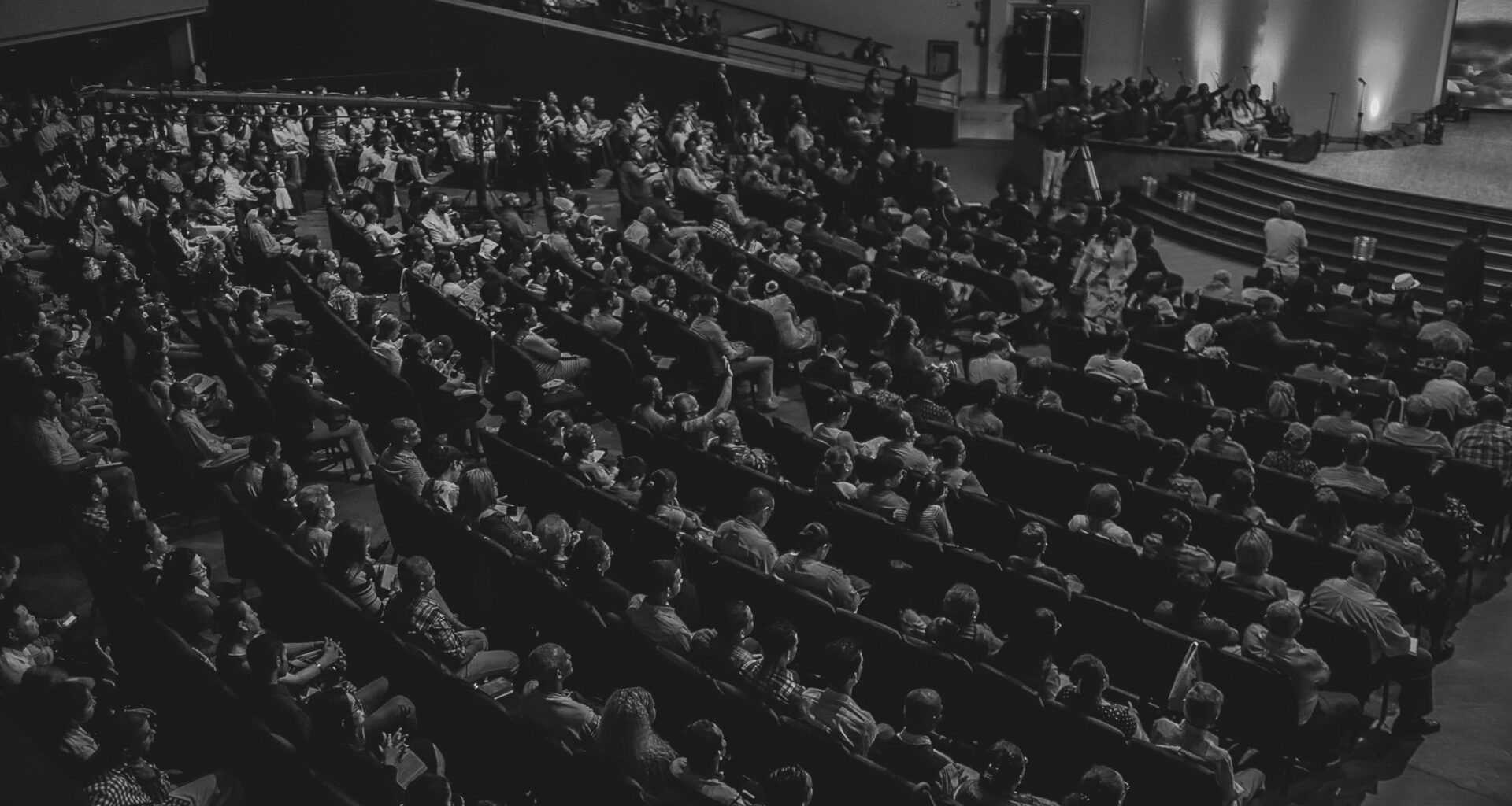
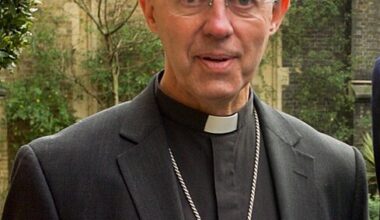


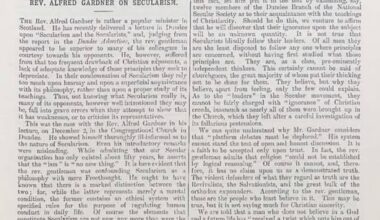
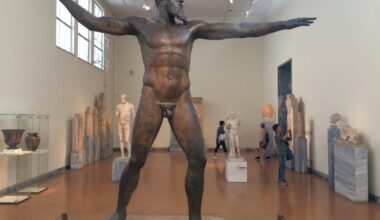
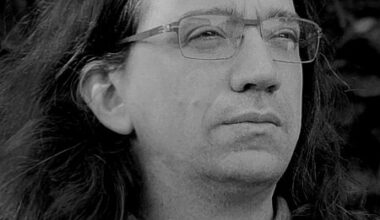
Your email address will not be published. Comments are subject to our Community Guidelines. Required fields are marked *
Donate